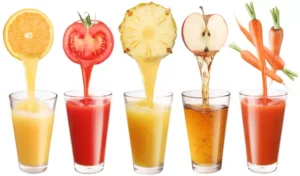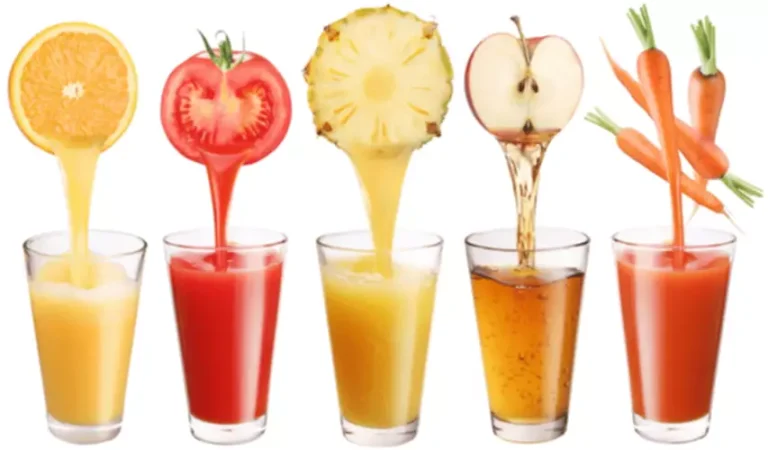
There are too many variables to make a blanket statement that alcohol is good for your blood pressure. However, that does not mean that drinking is healthy, nor should you use alcohol to manage your blood pressure. There are safer and more reliable ways to manage high blood pressure than regular drinking. https://ecosoberhouse.com/ Usually, this after three or more drinks are consumed in a single sitting. For healthy individuals, this rise in blood pressure is temporary.
How Long Is Inpatient Drug Rehab
- Long-term effects of excessive alcohol consumption can be detrimental to blood and heart health.
- These cells are sticky and cluster together and work to stop bleeding.
- Although our results do not reveal the mechanism for this association, according to our literature review, we suggest that several possible explanations exist for the mechanism for this association.
- Kendra’s drinking has affected how her body produces platelets.
- Her blood returns to normal fairly quickly after the alcohol leaves her system.
It will intensify the blood thinner’s effects and will make it difficult to clot if you injure yourself. The second Halfway house class is an anti-platelet medication, which keeps platelets from sticking together to create a clot. Platelets move through your bloodstream, throughout your entire body. About 70% travel freely while the remaining 30% stay in your spleen, where they are stored. After new platelets are made in your bone marrow, they live in your body for about 7-10 days. From 24-hour care for withdrawal symptoms to individual therapy sessions with our counselors, patients receive our assistance every step of the way.

About Medical News Today

For some people, the effects of alcohol on the blood clotting process may be more pronounced and may last longer than others. Before we dive into how alcohol thins your blood, it’s important to note what is considered moderate and heavy drinking. Binge drinking and heavy drinking, on the other hand, can increase the risk of excessive bleeding and hemorrhagic stroke, even when not drinking.
The Benefits Of Seeking Help For Alcohol Addiction
Understanding the relationship between alcohol and blood thinning is important for individuals who may be concerned about the potential effects on their health. If you’re concerned about how alcohol may impact your health and wondering, “Does alcohol thin your blood?” at Bayview Recovery, we offer accessible support. does alcohol thicken your blood For individuals taking warfarin, an international normalized ratio (INR) test measures the blood’s clotting time.
If you have a medical reason to consider consuming alcohol, talk to a health provider first to get more information about the best ways to manage your condition. The AI cohort exhibited a higher hazard ratio for individuals aged between 20 and 50 years. Although not statistically significant, a higher incidence was observed among those older than 50 years.
- Alcohol leaves the bloodstream at an average rate of about 0.015 g per hour.
- Binge drinking and heavy drinking, on the other hand, can increase the risk of excessive bleeding and hemorrhagic stroke, even when not drinking.
- Thicker blood or blood clots that form absent any physical trauma can cause major health concerns, from pulmonary embolism and heart attacks to ischemic strokes.
- When combined with blood thinners, which also affect clotting and bleeding, impaired judgment may increase the likelihood of accidents or injuries.
- If you or someone you know is struggling with alcohol addiction, seeking professional help is essential.
- However, when the serving was increased to twice the original amount, blood-thinning effects were observed.
Start with thirty minutes a day and build up your stamina to your personal optimal level. Researchers at Georgetown University Medical Center in Washington have now confirmed that alcohol can help thinning the blood. It prevents the blood platelets from sticking and clumping together, which in turn can lead to the clogging of the main artery leading to the heart.
After all, thicker blood could increase your risk of a stroke or heart attack. A glass or two of wine daily may (or may not) reduce your risk of heart disease or ischemic (clotting) strokes. It does this by cutting down the number of platelets in your blood. It gets in the way of blood cell production, down in your bone marrow. Alcohol also reduces the “stickiness” factor of the platelets in your bloodstream, making it more difficult for your body to heal small to large wounds.

People should speak with a healthcare professional about consuming alcohol and taking blood-thinning medications safely. A person should also speak with a doctor or access online support if they have concerns that they or someone they know may have AUD. The Centers for Disease Control and Prevention (CDC) reports that the health benefits could be related to genetics and not to alcohol consumption at all.

There were increased widths of 95% CIs among young and female subjects. This could be result from the relative small sample size of these 2 groups. We also found that there were much fewer AI events among female subjects. However, the risk of VTEs in women with AI remained higher than non-AI cohort. To reduced potential bias, we matched controls with propensity score, as showed in Table 4.
- Alcohol has been found to increase platelet aggregation, meaning that platelets are more likely to stick together and form clots.
- This covers the wound and prevents further blood from leaking out.
- Researchers at Georgetown University Medical Center in Washington have now confirmed that alcohol can help thinning the blood.
- If you use alcohol as a blood thinner continuously, you run the risk of excessive consumption or even addiction.
Can You Drink Alcohol on Blood Thinners?
Alcohol is mostly broken down in the liver, which serves to filter out toxins from the blood. Alcohol can stimulate the liver to then increase production of HDL (high-density lipoprotein cholesterol), which can then work to break down LDL (low-density lipoprotein cholesterol). HDL is considered “good” cholesterol while LDL is classified as “bad” cholesterol, a buildup of which can be a contributing factor in a heart attack. So, in a sense, alcohol can help to create a healthy balance of good cholesterol versus bad cholesterol, further lowering the odds for a heart attack or stroke.